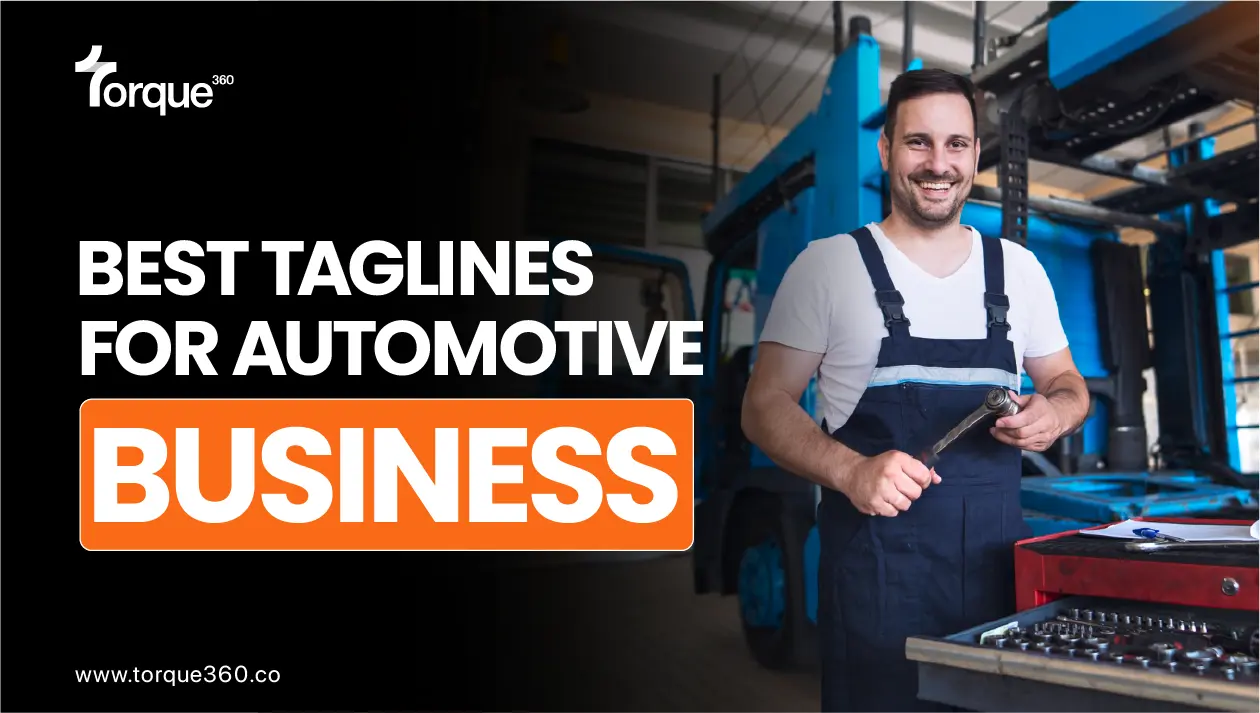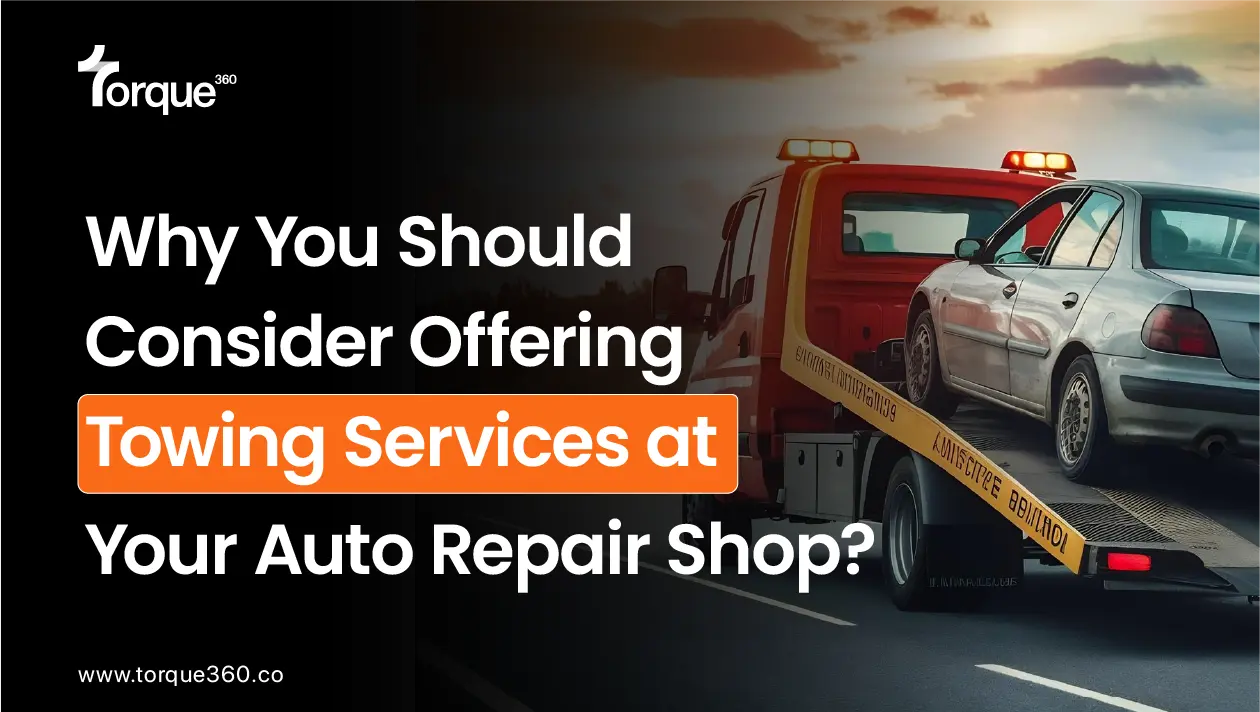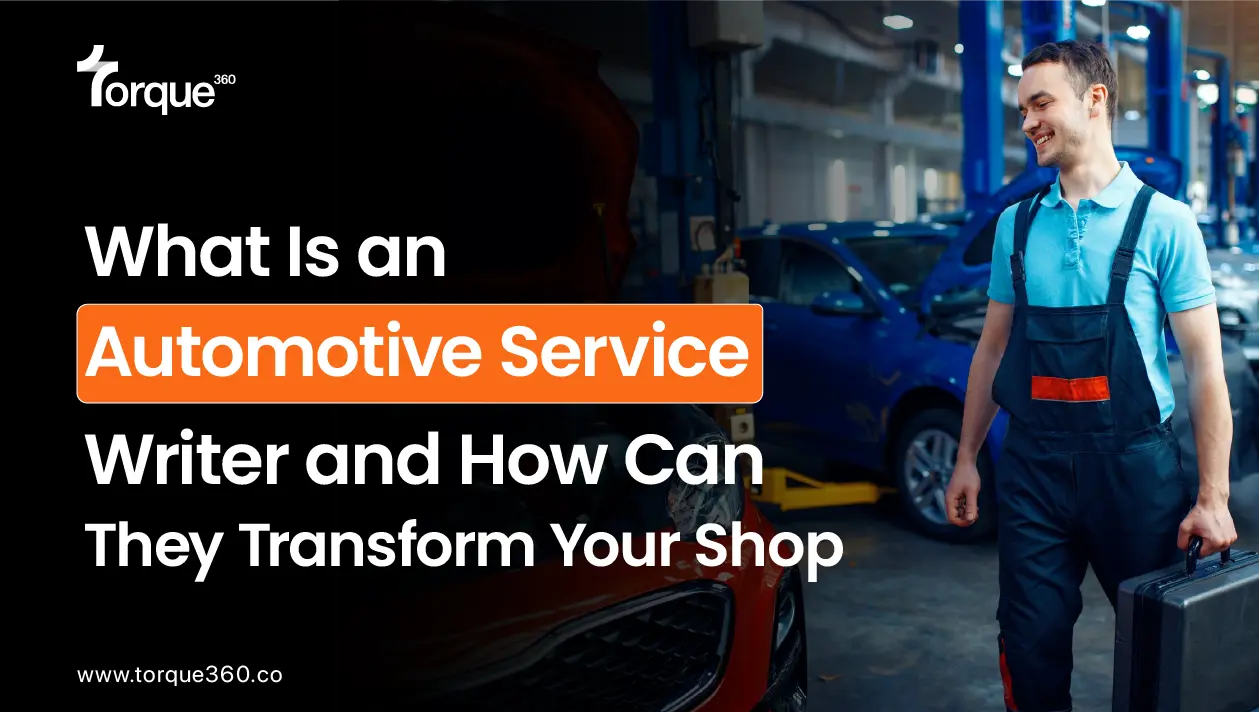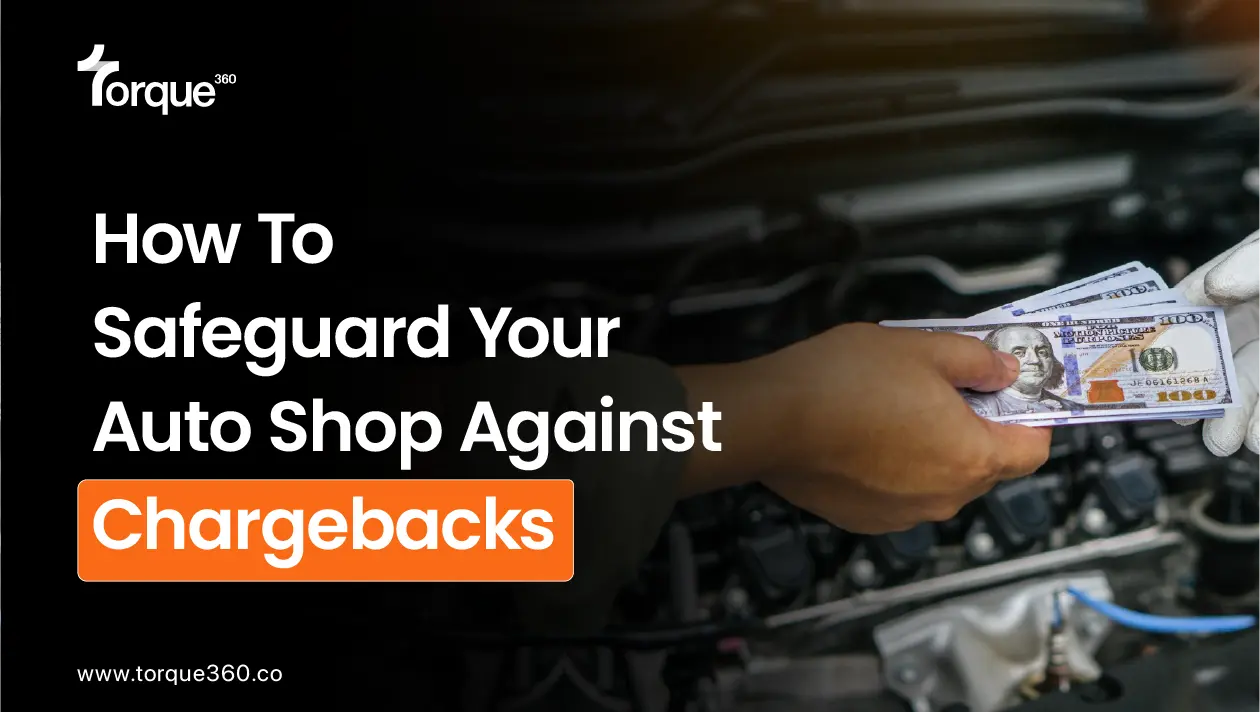Are you someone who loves cars? Do you enjoy starting new things and being your own boss?
Maybe opening your own auto repair shop is something you’d like!
But do you know what auto repair business license you need to start a shop?
Well, this question is very common!
However, the truth is that businesses usually require various licenses, permits, and registrations from different government levels—federal, state, and local.
Let’s talk about what permits are required to establish an auto repair shop.
Business License and How to Get One
To start your business, you’ll need a motor vehicle repairer’s license from the state. This license shows you’re qualified to run a mechanic shop and follow all laws.
Your repair shop must show its license number and an approved premises certificate. There’s a fee to apply for the auto shop license.
Remember, they need to be renewed 28 days before they expire and might only last for three years in your state.
Before applying, check your state’s rules. You’ll likely need proof of certification and tax documents to meet the prerequisites.
Registering or Doing Business As (DBA)
i) Registering Your Business Name
For individuals running their businesses or partnerships, registering a business name (known as Doing Business As, DBA) is often required by many states. However, this process varies depending on the state and business type.
ii) For Corporations and LLCs
When creating these entities, the name registration process is generally simpler, as their name is automatically registered during formation.
Here are more details on things you should do when setting up an auto repair shop!
What Permits are Required to Establish an Auto Repair Shop

All the legal stuff for starting an auto repair shop might seem like a lot, but it’s not that tricky. We’ll guide you through the licenses and permits you need from the state and local area.
I. Federal Government Rules
Even though it’s not a license, the Environmental Protection Agency has rules for auto repair shops to follow. These rules involve:
- Properly getting rid of dangerous waste
- Working on vehicle air conditioners
- Fixing air pollution control devices
II. State Licensing
Each state has its own rules for auto repair shops, and it can be a bit tricky figuring out what they all need. However, every state needs some kind of auto shop license or registration for these businesses.
State-Level Requirements
- In Illinois, auto repair shops must abide by the Automotive Repair Act. This law demands that specific information be shared with customers and bans certain illegal behaviors.
- Under the Florida Motor Vehicle Repair Act, anyone paid to fix other people’s vehicles must register with the Florida Department of Agriculture and Consumer Services (FDACS).
- For New York, auto repair businesses aiming to be registered repair shops must register with the New York State Department of Motor Vehicles.
III. Local Licensing
These rules change from state to state, so it’s crucial to ensure you have everything you need.
For Example
In Montgomery County, Maryland, auto mechanic shops need to get a Certificate of Registration for Motor Vehicle Maintenance Repairs and Towing.
Meanwhile, in the City of Grand Prairie, Texas, you’ll need an Automotive Related Business Permit (ARB) to run your business the right way.
Once you’ve sorted out the licenses for your auto repair services, you’re almost set to kick off your business.
But remember, there are also some other general licenses and permits you’ll need to monitor.

Here are a few of them:
- General Business License
- Federal Employer Identification Number
- Sales Tax Permit or Number
- Resale Certificate
i) General Business License
Wherever your business is set up, you might need a general auto repair business license or permit. Some states ask for it, but usually, you’ll find these at the city level.
ii) Federal Employer Identification Number
The Federal Employer Identification Number (FEIN, Employer ID Number, EIN, or Federal Tax ID Number) is a unique nine-digit code. It helps the Internal Revenue Service (IRS) recognize and identify a business.
iii) Sales Tax Permit
If you want to sell parts or provide certain services, you might need a state sales tax permit or tax ID number. This special permit gives you a number from the state’s Department of Revenue or a similar agency that deals with taxes. If you plan to hire people to work for you, you’ll need another number for state taxes.
iv) Resale Certificate
A resale certificate lets a business buy parts without paying sales tax, passing it on to the customer. It’s for things resold, not for supplies or equipment, where tax still applies.
Papers Required for Tax Purposes
- If you make over $75,000 in a year from your services, you must register and pay taxes.
- If you want to hire more workers, you have to sign up for payroll taxes. The state will collect income tax from their salaries.
- If you sign up for FBT, you might have to pay taxes on the employee benefits you provide. Sometimes, the employer can claim paying these taxes as a deduction from their income.
Here are more details on the costs involved in opening an auto repair shop!
Certifications for Employees
Ever thought, “What permits do I need to open a mechanic shop?”
Yup, you do!
Just like any technician you hire, you’ve got to meet the right standards.
There are various repair classifications you can qualify for, and they might change depending on where you live.
To get certified as a motor vehicle repairer, you need formal training in auto shop management software and must meet specific criteria.
The requirements are simple:
- Fill out an application
- Show you’re eligible
- Pay a fee
Certificate of Occupancy
In most places, a retail business needs a Certificate of Occupancy (CO) before opening.
This certificate, usually obtained from the city or sometimes the county, permits a business to operate from a building as long as it meets:
- Zoning rules
- Building codes
- Other local criteria
Before starting your auto repair business, make sure to talk to the local zoning department. It’s crucial to ensure that your chosen location meets all the legal requirements for your business to operate there.
Getting Insurance
Picture this:
One of your workers gets hurt fixing a customer’s car. What should you do next?
If you don’t have insurance, as the shop owner, you’ll have to pay for any costs with your own money.
That could make your business go broke quickly!
Insurance is super important when you work as a technician because risks are involved. Things like accidents with people, worker injuries, or damage to tools can happen.
You’ll need two types of insurance for sure:
- For general accidents
- For when workers get hurt
Here are more details on the 7 types of insurance that you must have for your shop!
Conclusion
Sometimes, dealing with all the rules can seem like a big hassle. But it’s really important to follow the rules and get all the permits and licenses for your mechanic shop!
This blog post has lots of helpful tips to make sure you have everything you need for your shop to follow the rules and keep going for a long time without any problems.
So, take a look and make sure you know what permits are required to establish an auto repair shop.
Frequently Asked Questions
What permits do I need to open a mechanic shop?
To start, you’ll need a motor vehicle repairer’s license, a general business license, and potentially other state and local permits depending on where you are.
What are the federal requirements for an auto repair shop?
Your shop must follow EPA regulations, including proper waste disposal, handling vehicle air conditioners, and managing air pollution control devices.





